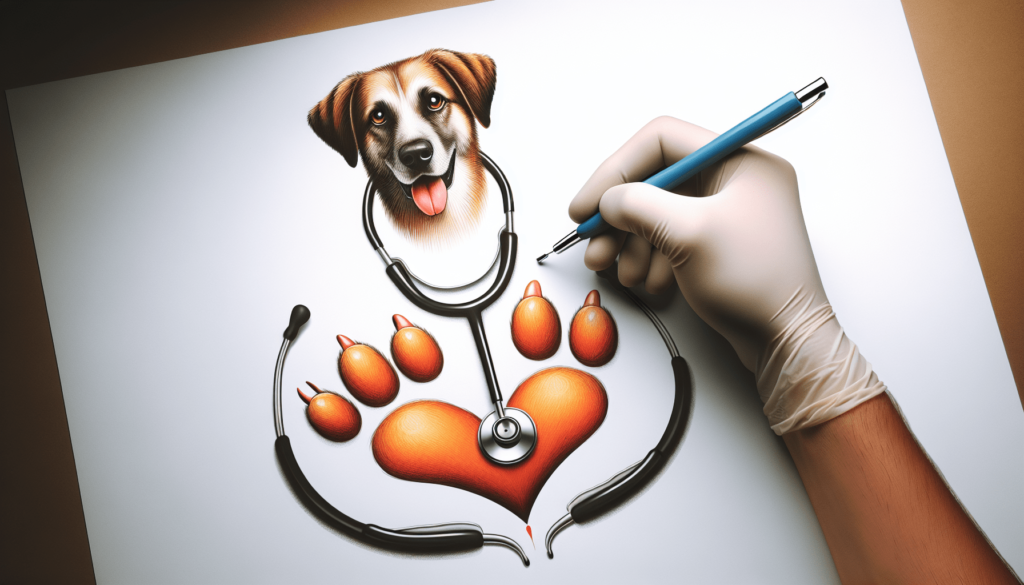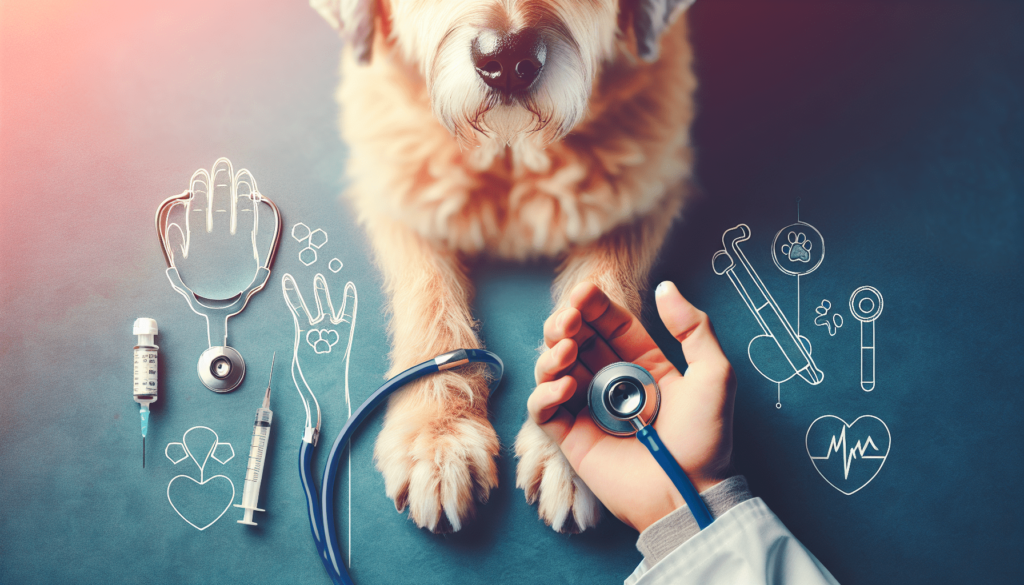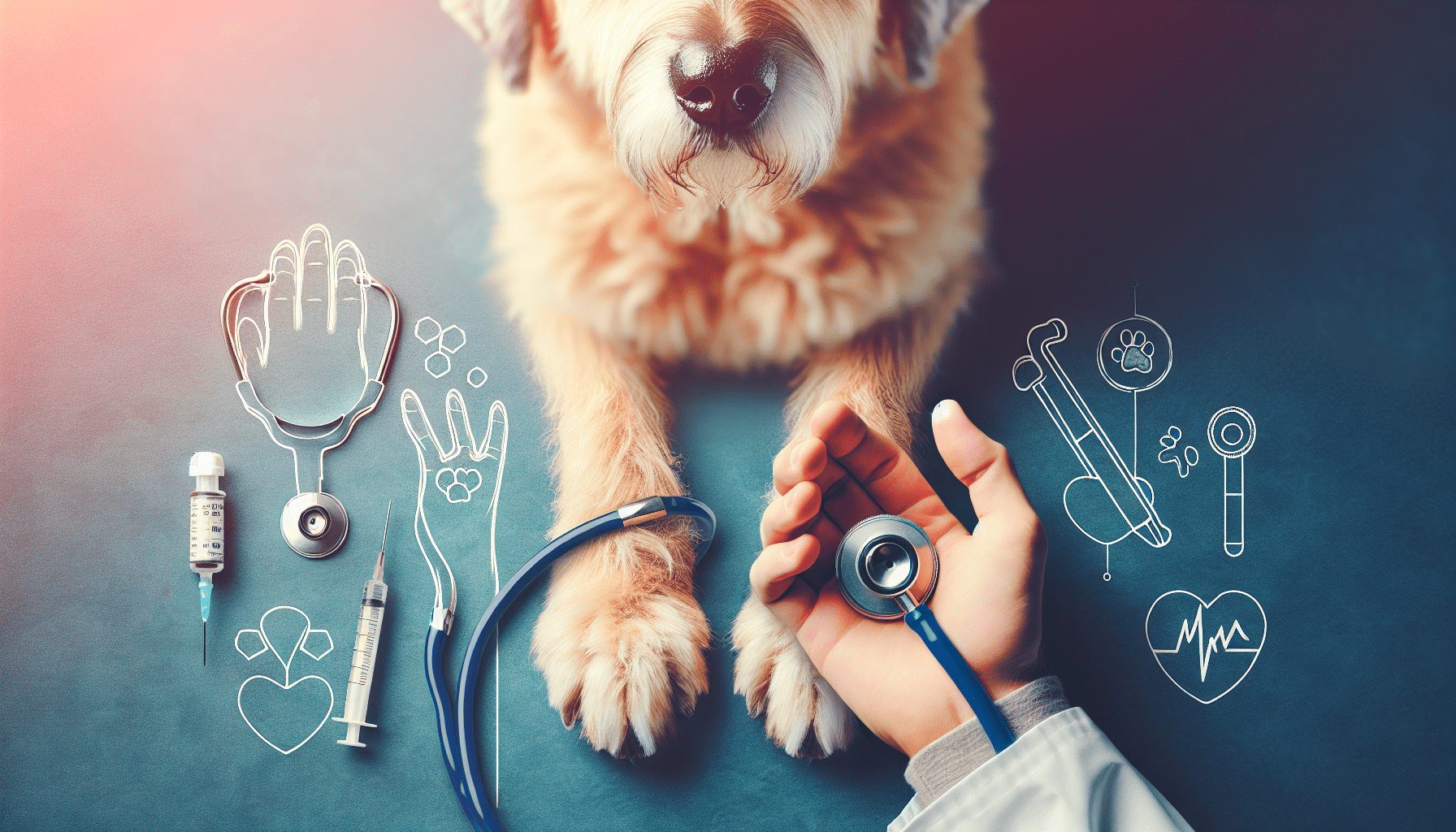In this friendly and informative guide, you will discover everything you need to know about the essential vaccinations and health checks for your beloved furry friend. From protecting them against deadly diseases to ensuring their overall well-being, this article will provide you with a comprehensive overview of the most common vaccinations and health checks for dogs. By the end of this guide, you will have all the knowledge you need to keep your canine companion happy and healthy for years to come. So, let’s jump right in and explore the world of dog vaccinations and health checks together!
Vaccinations
Importance of Dog Vaccinations
As a responsible dog owner, it is crucial to understand the importance of vaccinations for your furry friend. Vaccinations play a vital role in keeping your dog healthy and protecting them from various contagious and potentially life-threatening diseases. Not only do vaccines safeguard your beloved pet, but they also contribute to the overall well-being of the canine population by preventing the spread of harmful diseases.
Common Dog Vaccines
There are several vaccines that are considered essential for dogs. These vaccines target diseases that are prevalent and can have severe consequences for our four-legged companions. The core vaccines recommended for all dogs include:
-
Rabies: A deadly viral disease that affects the nervous system and can be transmitted to humans. Rabies vaccinations are legally required in many countries and are usually given annually or every three years.
-
Distemper: A highly contagious virus that affects multiple organs, including the respiratory, gastrointestinal, and nervous systems. Distemper vaccines are usually administered as part of a combination vaccine.
-
Parvovirus: A highly contagious and often fatal virus that attacks the gastrointestinal tract and causes severe diarrhea and vomiting. Parvovirus vaccines are included in combination vaccines and are crucial, especially for puppies.
-
Canine hepatitis (Adenovirus): A viral infection that primarily affects the liver. Canine hepatitis vaccines are typically given in conjunction with other core vaccines.
Your veterinarian may also recommend non-core vaccines based on your dog’s lifestyle and geographic location. These include vaccines for Lyme disease, Bordetella (kennel cough), Leptospirosis, and Canine Influenza Virus (CIV).
Puppy Vaccination Schedule
When welcoming a new puppy into your home, ensuring they receive proper vaccinations is essential. Puppies are more vulnerable to diseases, and their immune systems are still developing. The recommended vaccination schedule for puppies usually follows this timeline:
-
6-8 weeks: Vaccinations against distemper, parvovirus, adenovirus, and sometimes parainfluenza are typically administered at this stage.
-
10-12 weeks: The second round of distemper, parvovirus, adenovirus, and parainfluenza vaccinations are given, along with the first dose for leptospirosis.
-
14-16 weeks: The final round of core vaccines, including distemper, parvovirus, adenovirus, parainfluenza, and leptospirosis, is administered. Additional non-core vaccines may also be given based on your puppy’s risk factors.
It is important to note that this schedule may vary slightly depending on the specific vaccines used and your veterinarian’s recommendations.
Adult Dog Vaccination Schedule
Once your puppy has completed their initial vaccination series, it is crucial to maintain their immunity through regular booster shots. Most core vaccines are administered annually or every three years, depending on the vaccine type and local regulations. Non-core vaccines may require more frequent boosters, especially if your dog is at high risk due to lifestyle or location.
Your veterinarian will guide you on the appropriate vaccination schedule for your adult dog. They will consider factors such as your dog’s age, overall health, and potential exposure risks to tailor a vaccination plan that ensures optimal protection.
Vaccination Side Effects
While vaccines are generally safe and well-tolerated, some dogs may experience mild side effects following vaccination. These side effects are usually short-lived and include mild swelling, soreness at the injection site, and decreased appetite. More serious adverse reactions, such as allergic reactions, are rare but can occur. If you notice any concerning symptoms after your dog’s vaccination, it is important to contact your veterinarian promptly.
Remember, the benefits of vaccination significantly outweigh the potential risks. Vaccinating your dog is a crucial step in protecting their health and ensuring their long and happy life.

Health Checks
Regular Veterinarian Visits
Regular visits to your veterinarian are essential in maintaining your dog’s overall health and well-being. These routine check-ups allow your veterinarian to monitor your dog’s development, identify any potential health concerns early on, and provide appropriate preventive care. During these visits, you’ll have the opportunity to discuss your dog’s diet, exercise routine, behavior, and any questions or concerns you may have.
Physical Examination
During each veterinarian visit, your furry friend will undergo a comprehensive physical examination. This examination helps identify any abnormalities or changes in your dog’s health. The veterinarian will assess your dog’s body condition, listen to their heart and lungs, check their eyes, ears, and mouth, and palpate for any lumps or discomfort. By conducting a thorough physical examination, your veterinarian can detect potential health issues before they become more serious.
Dental Health
Oral health is an often-overlooked aspect of a dog’s overall well-being. Dental disease is prevalent in dogs and can lead to pain, infection, and systemic health issues if left untreated. Regular dental check-ups and professional cleanings, as recommended by your veterinarian, are crucial in preventing dental diseases. Additionally, maintaining good oral hygiene at home through regular toothbrushing and providing appropriate dental chews or toys can significantly contribute to your dog’s dental health.
Parasite Control
Parasites such as fleas, ticks, and intestinal worms can negatively impact your dog’s health. Regular parasite control measures are essential to prevent infestations and reduce the risk of associated diseases. Your veterinarian will recommend appropriate preventive medications and advise on the best course of action based on your dog’s lifestyle, geographic location, and potential exposure risks.
Blood and Urine Tests
Periodic blood and urine tests are vital in evaluating your dog’s internal health and detecting any underlying issues that may not be apparent during a physical examination. These tests can provide valuable information about your dog’s organ function, blood cell counts, and detect early signs of diseases such as diabetes, kidney disease, or liver problems. Regular monitoring through laboratory tests allows your veterinarian to catch potential health concerns early and intervene promptly.
By following a comprehensive health care routine that includes regular vaccinations and health checks, you can ensure the best possible care for your beloved canine companion. Remember, your veterinarian is your trusted partner in maintaining your dog’s good health, so don’t hesitate to reach out with any questions or concerns. Together, you can give your furry friend a happy, healthy, and fulfilling life.


